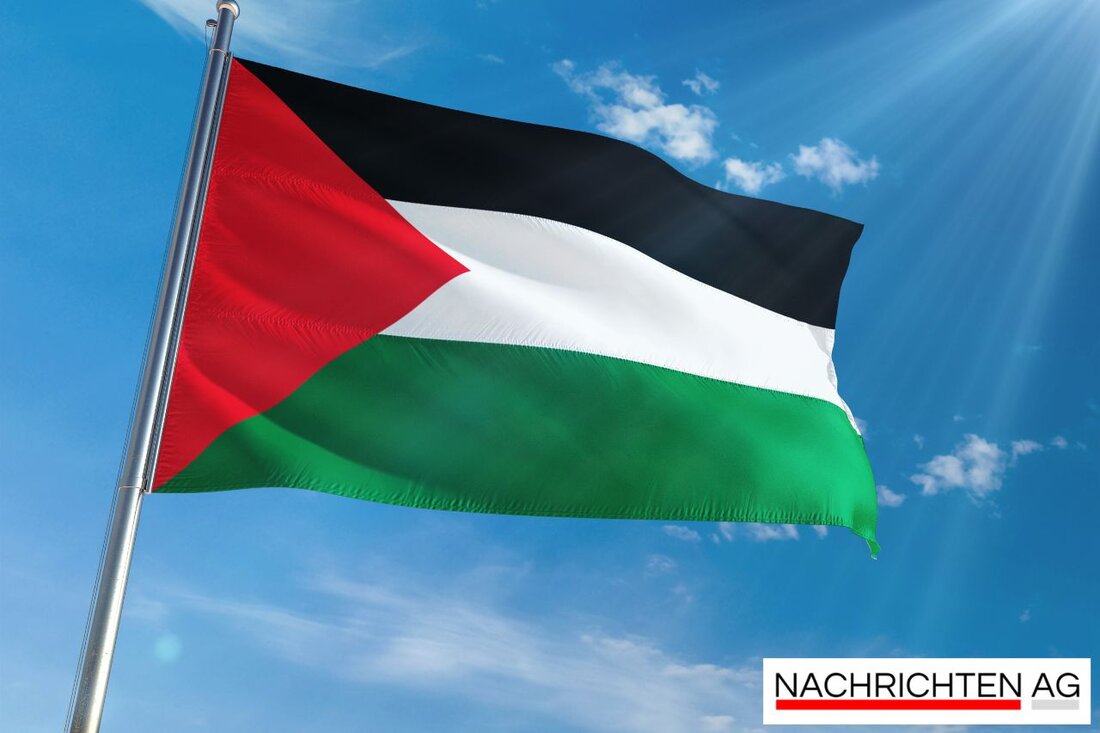Criticism of Netanyahu's politics: 150 experts demand a change of course for Germany
On October 3, 2025, 150 experts are calling for a change of course in Germany's Middle East policy in view of the critical situation between Israel and Palestinians.

Criticism of Netanyahu's politics: 150 experts demand a change of course for Germany
In the current political landscape, the topic of the Middle East conflict is more present than ever. The reason is the sharp criticism of the right-wing extremist government under Prime Minister Benjamin Netanyahu. According to a report by Deutschlandfunk, over 150 experts from various areas see the need for a radical change of course in German Middle East policy. These experts emphasize the urgent call for warfare guided by international law to increase pressure on hardliners on both sides, including imposing travel bans and freezing assets.
The political doctrine of raison d'état, which is often placed above Germany's legal and moral obligations, is viewed by experts as problematic. This doctrine not only ignores the basic rights of the Palestinians, but also ignores the fate of the Israeli hostages. Signed by well-known personalities, including former EU foreign policy chief Josep Borrell and ex-UN High Commissioner for Human Rights Mary Robinson, the appeal brings into play Germany's historical responsibility for the Holocaust. This is done with a view to protecting Jewish life and combating anti-Semitism, emphasizing that reparations must not be made at the expense of third parties.
The legal framework
But what about the status of Palestine? The international law situation brings with it many questions. Around 150 countries already recognize Palestine as a state or are planning to do so. According to Tagesschau, many Western governments, including Germany, support a two-state solution in which Palestine includes the West Bank, the Gaza Strip and East Jerusalem. This solution, which requires a legally anchored definition of the state, provides for three central criteria: a state people, a state territory and effective state power. While the population of Palestine meets the criteria for a state people, the question of effective state power remains controversial. Wikipedia points out that the autonomous authority in the West Bank and Hamas in the Gaza Strip each form controversial control bodies.
What is particularly interesting is that the International Court of Justice has judged Israel's settlement policy to be contrary to international law. In this context, the question of whether the people's right to self-determination can compensate for the lack of state power is also discussed. The political pressure through the recognition of Palestine could certainly contribute to forcing Israel to take its obligations under international law seriously, even if the previous recognitions have had little effect so far.
Challenges of the two-state solution
There is widespread support for the idea of a two-state solution in which both Israel and Palestine exist, but implementation remains fraught with challenges. In particular, the agreement on accepted borders and the large number of illegal settlements in the West Bank stand in the way of progress. The Israeli barriers also prevent a real connection between Israeli and Palestinian territory. daily news reports that the Palestinian side is demanding a 1967 ceasefire line as a border, but this is not accepted by Israel. The path to recognition of independent Palestinian governance is riddled with political and territorial hurdles that are difficult to overcome.
In summary, it can be said that the situation in the region and in particular the discussion about the two-state solution remains extremely explosive. It remains to be seen how the international community will respond to the demands and whether a new course in German Middle East policy will actually be initiated.

 Suche
Suche
 Mein Konto
Mein Konto